Customer Services
Copyright © 2025 Desertcart Holdings Limited
Desert Online General Trading LLC
Dubai, United Arab Emirates
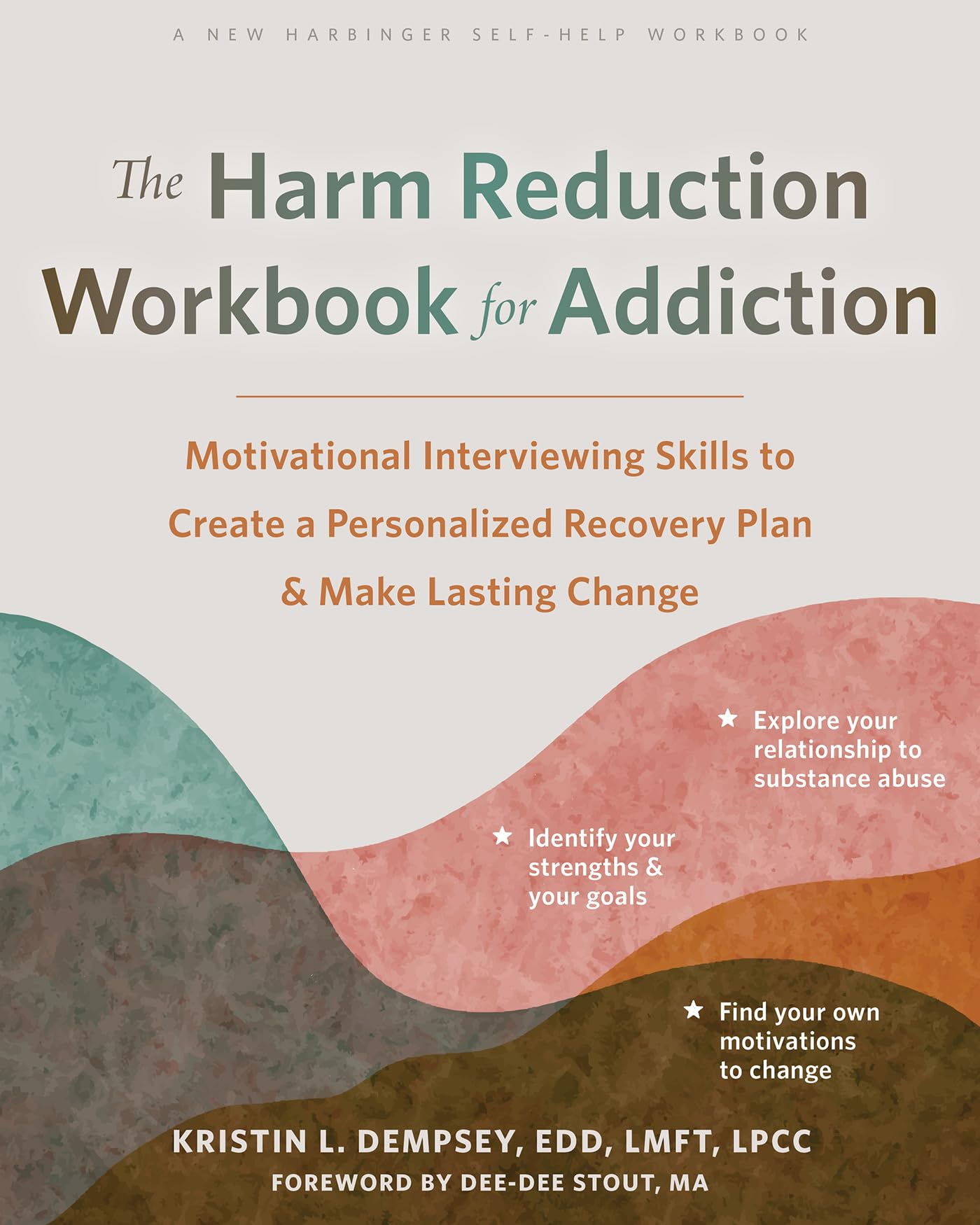




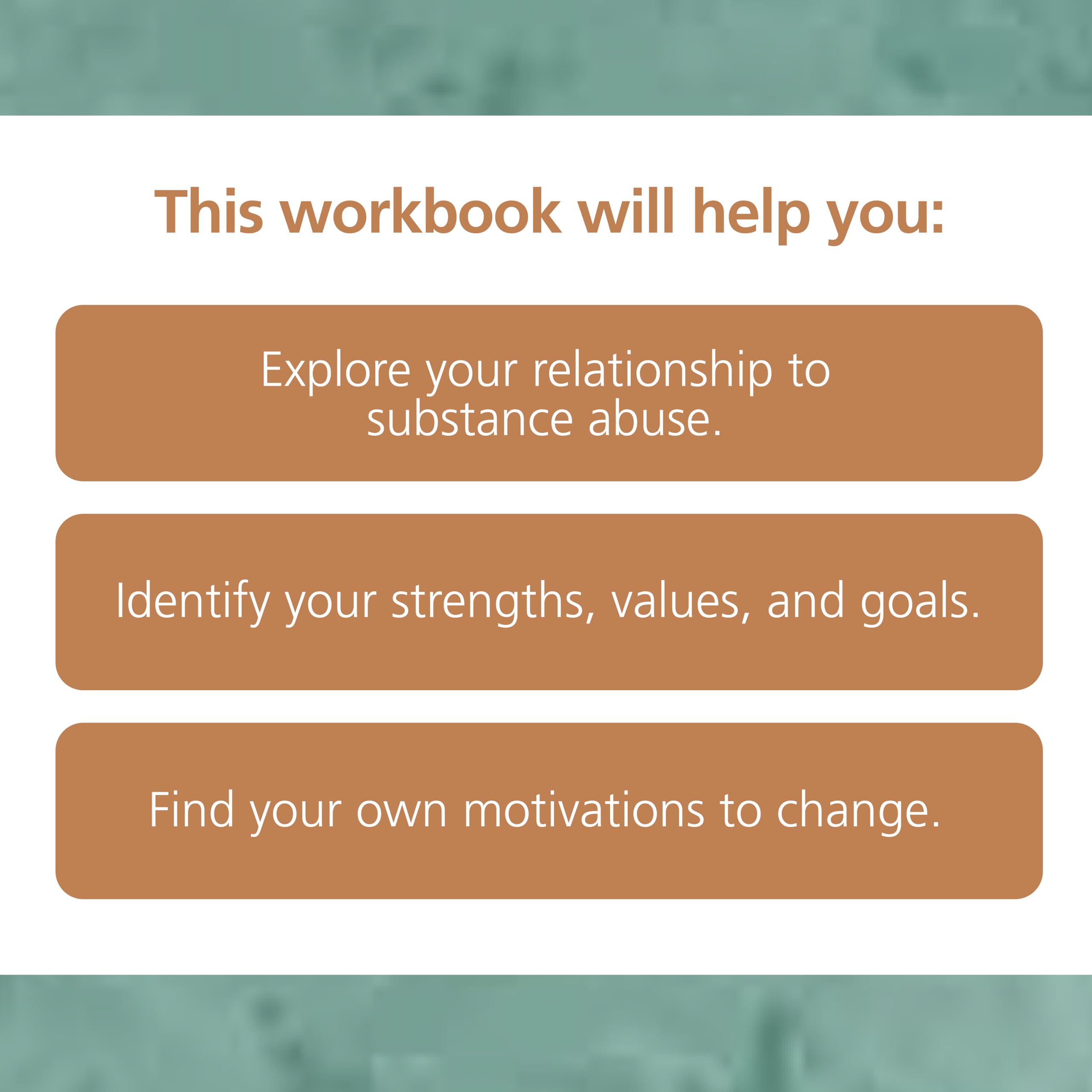
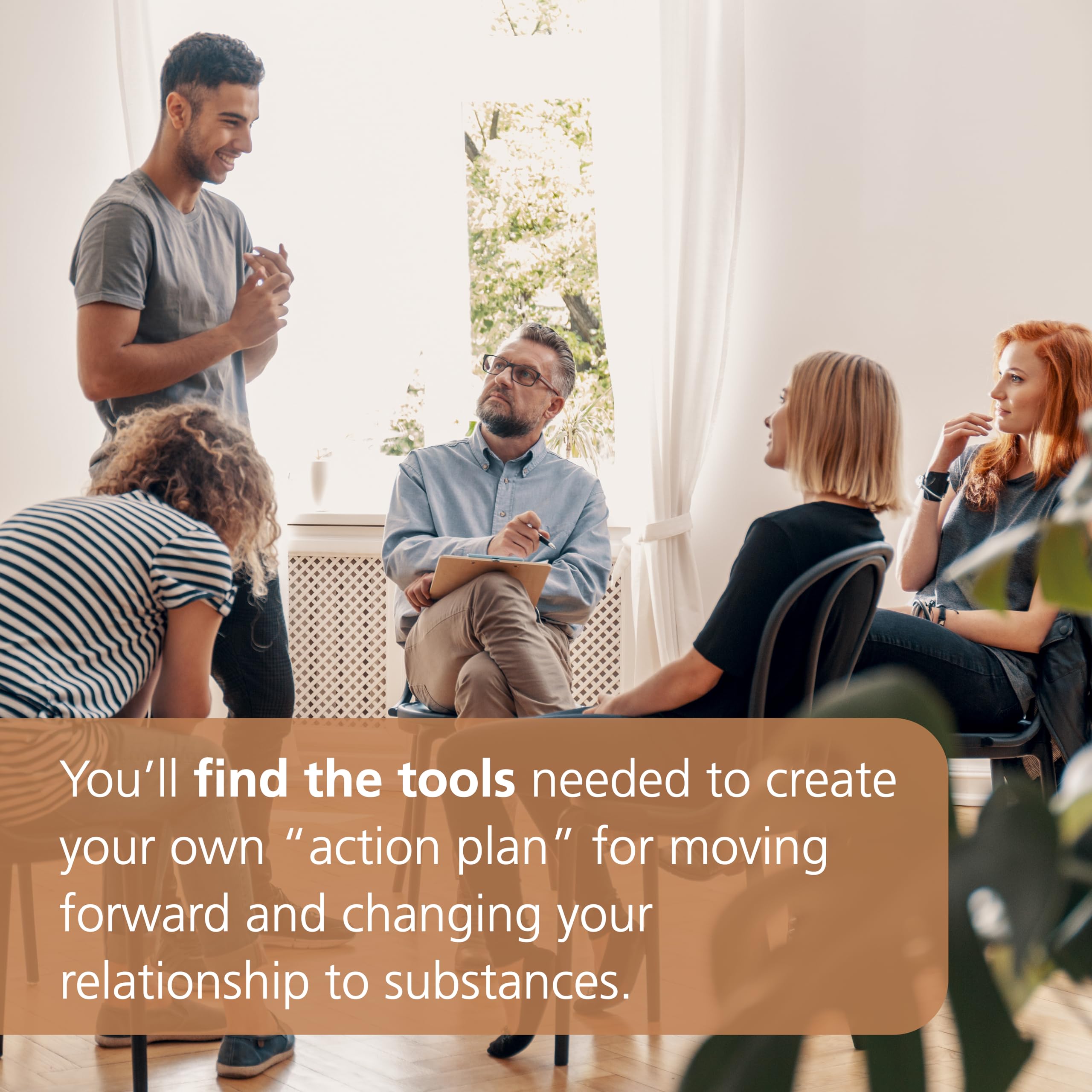
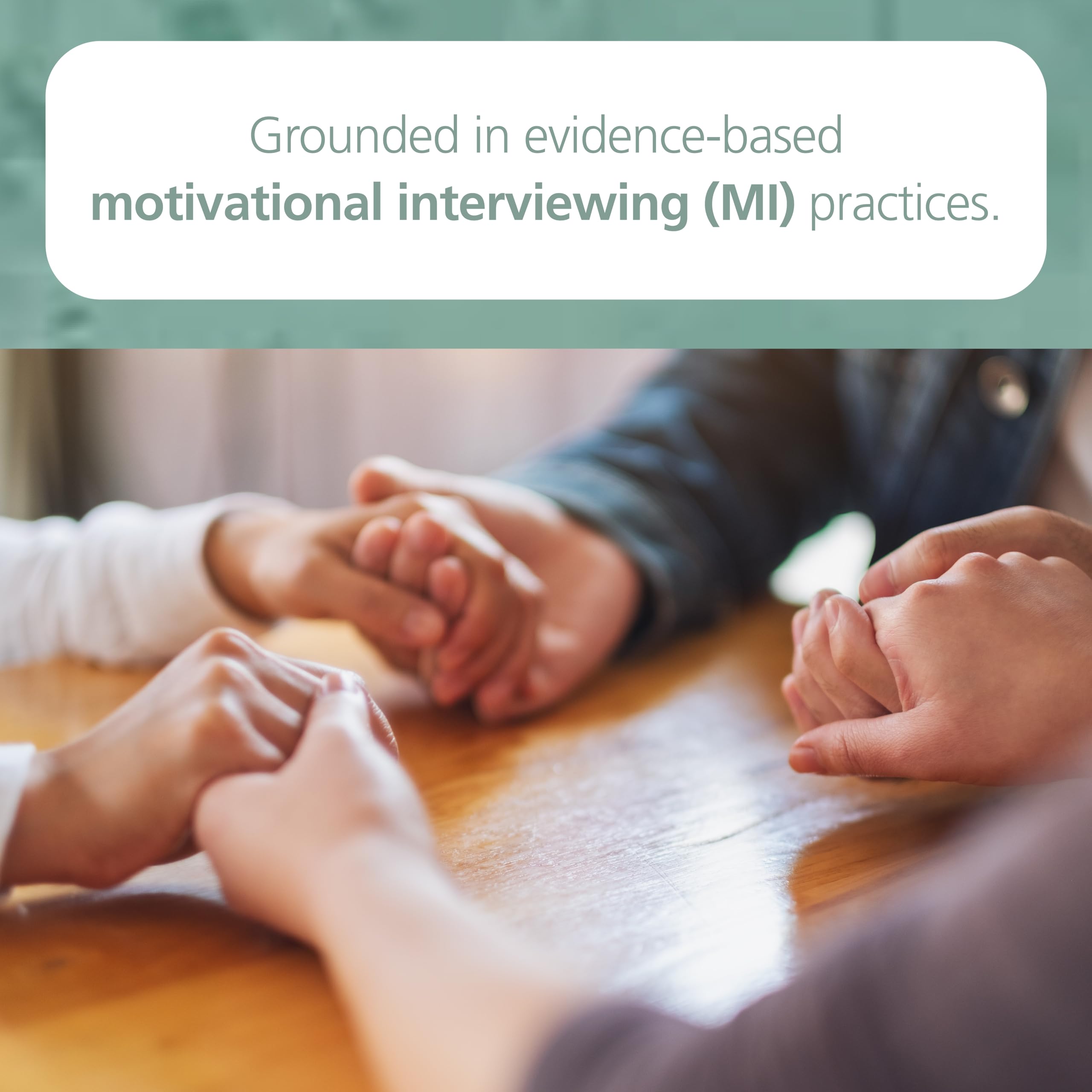
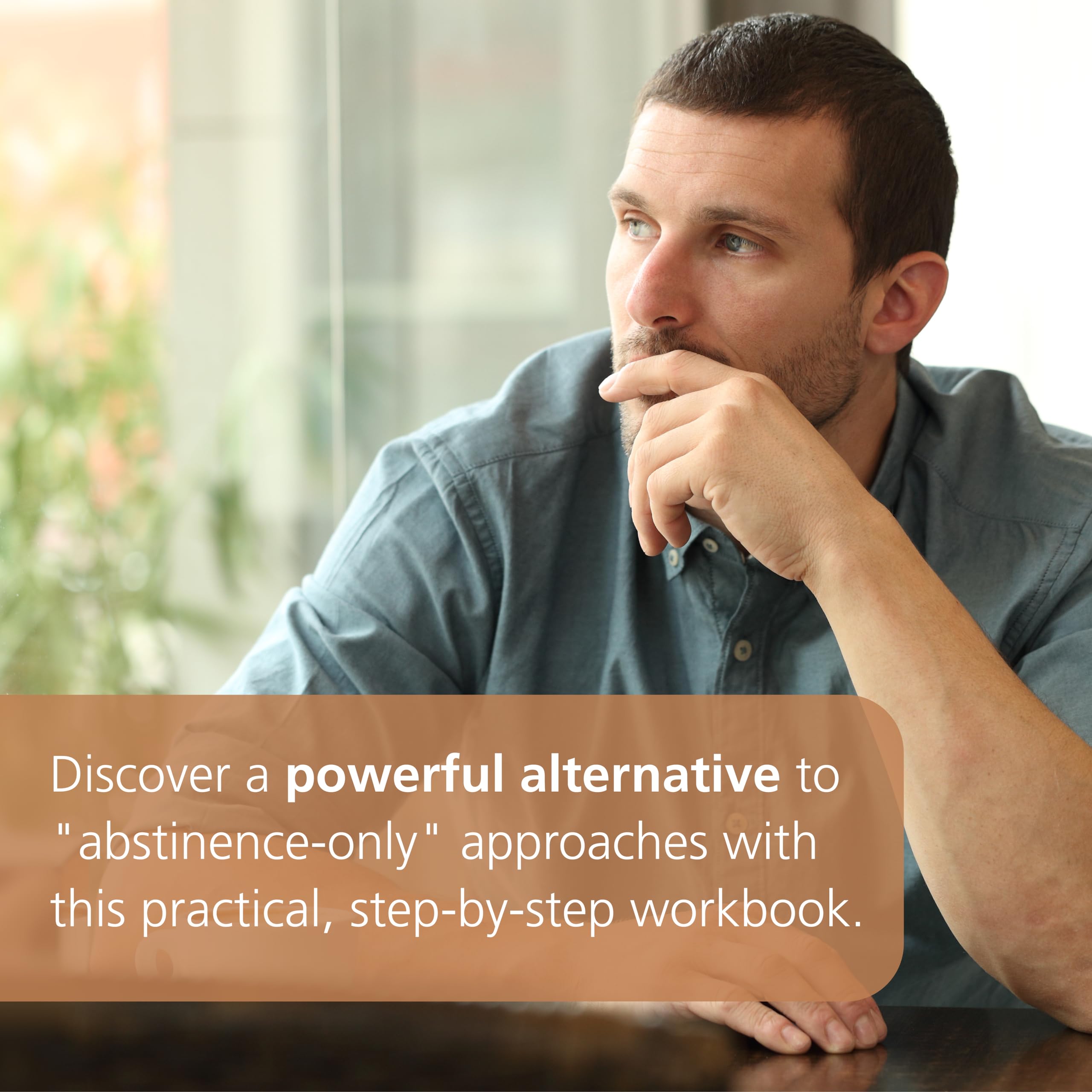
The Harm Reduction Workbook for Addiction: Motivational Interviewing Skills to Create a Personalized Recovery Plan and Make Lasting Change
E**E
Helpful
I’ve been a clinician for years and this is a helpful tool!
D**T
Affirmative, welcoming, useful book to guide my path to consider change.
A self-help book that begins with "curiosity is welcome" put me in a learner's mindset to this affirmative, guided exploration of my own personal journey. The examples framed in story invited me to listen deeper to my own values, strengths and change language. I especially appreciated the tools and exercises available to download, useful to sort out thoughts, feelings and a clear-er path forward.
P**R
This book meets us where we are and acknowledges that we must walk our own path. Love this!
I read this book based on professional recommendation to possibly use in my work with individuals and families who are considering making a change but don't want to be lectured or judged. From the first page, there is a sense of acceptance of our individual right to make choices that work for us. This stands in stark contrast to many other resources that focus on the negative and make people feel hopeless. In my own life and work, the truths of Motivational Interviewing and the work in this book just resonate as right on and I am glad to have it available for people who are figuring out what their substance use means and how they wish to go forward.
K**M
Motivational self help!
Addiction is caused by what is believed to be aberrant circuitry within the basal ganglia. The basal ganglia has an inhibitory function that would normally stop us from doing what we don't want to do. The problem with addiction is that the inhibiting function becomes overtaken by habit formation, which can be thought of as deepening a groove, or forming a channel like water runoff might make on a mountain. When the desired substance or aberrant behavior reinforces habit formation, the inhibition circuit can stop functioning as intended. It's not clear exactly how it stops functioning, but what is clear is that there is a point where a habit of the mind becomes physiologically challenging. This book can help stop that habit from becoming a disorder that might need medication.The book is well-organized and easy to read. It is formatted in a way that even if you have a short attention span, it can be helpful. Questions are written like having a therapist with you, and spaces for writing answers are there to engage both sides of the brain, which incidentally can help regulate emotions more than thinking alone.It takes willpower and practice to overcome addiction. Motivational interviewing is a process often used in psychotherapy to help people overcome the ambivalence of addiction. Kristin Dempsey puts this process in a form that the reader can do themself. It might not be a replacement for therapy depending on the situation, though I hope it proves to be an effective self-help tool for some. Though I see how this can be a helpful tool to bring to therapy as well and plan to recommend it to my next patient who wants to change their substance use.
D**C
Self- Help Workbook for Reducing Harm with Substance Use
Harm Reduction is an approach to help individuals discover more about their use of substances, how it impacts their life ,and how to manage use. This workbook gives a person an opportunity to explore not only their patterns of use, but also their motivation for change and how to get there.Substance use may also lead to shame and shame may get in the way of fully exploring what recovery might look like. Kristin Dempsey offers a hopeful and compassionate workbook that reduces shame so that curiosity and self-compassion becomes the foundation for self-exploration.Borrowing on Harm Reduction and Motivational Interviewing skills the reader knows immediately that this workbook supports their autonomy and it will not lecture them about abstinence-only and add to further feelings of shame and despair.I train healthcare and behavioral health providers on Harm Reduction and Motivational Interviewing and feel very confident in recommending this book to both providers and clients seeking support with their substance use. In fact, I offered it as a resource in my last training and will continue to do so.
P**E
Powerful & Engaging Workbook
This 5-Star pick is by Dr. Kristin Dempsey, a professor and expert therapist who is a renowned global expert in the techniques set out throughout this exciting new Workbook. The Workbook combines real stories of people struggling with addiction (and annoyed by lectures and attempts to make them change) and easy-to-read, interesting, & useful information about what drives true change. Easily accessible exercises help practitioners and readers (and their loved ones) make that change happen, step by step, based on Motivational Interviewing, a proven approach to change used around the world by doctors, therapists, and addiction specialists (many of them trained by Dr. Dempsey herself). The Harm Reduction approach to addiction is also supported by years of research and the experience of a diverse range of people living with addiction. An important contribution to the field.
S**S
Fantastic Workbook That Embodies Empowerment!
The Harm Reduction Workbook for Addiction is a compassionate step-by-step self-investigation into the reader's etiology of substance use, why it continues, the reasons to decrease or stop use, and the inherent ability to set out harm reduction goals. The reader is able to identify times when others have tried to fix them, examine their relationships to substances without shame, explore their own ambivalence around their use, hone skills that allow them to hear their own change talk, and establish a partialized harm reduction goal. I will recommend this book to clients and plan on using exercises in my harm reduction groups at the Department of Veterans Affairs.
Trustpilot
1 month ago
4 days ago